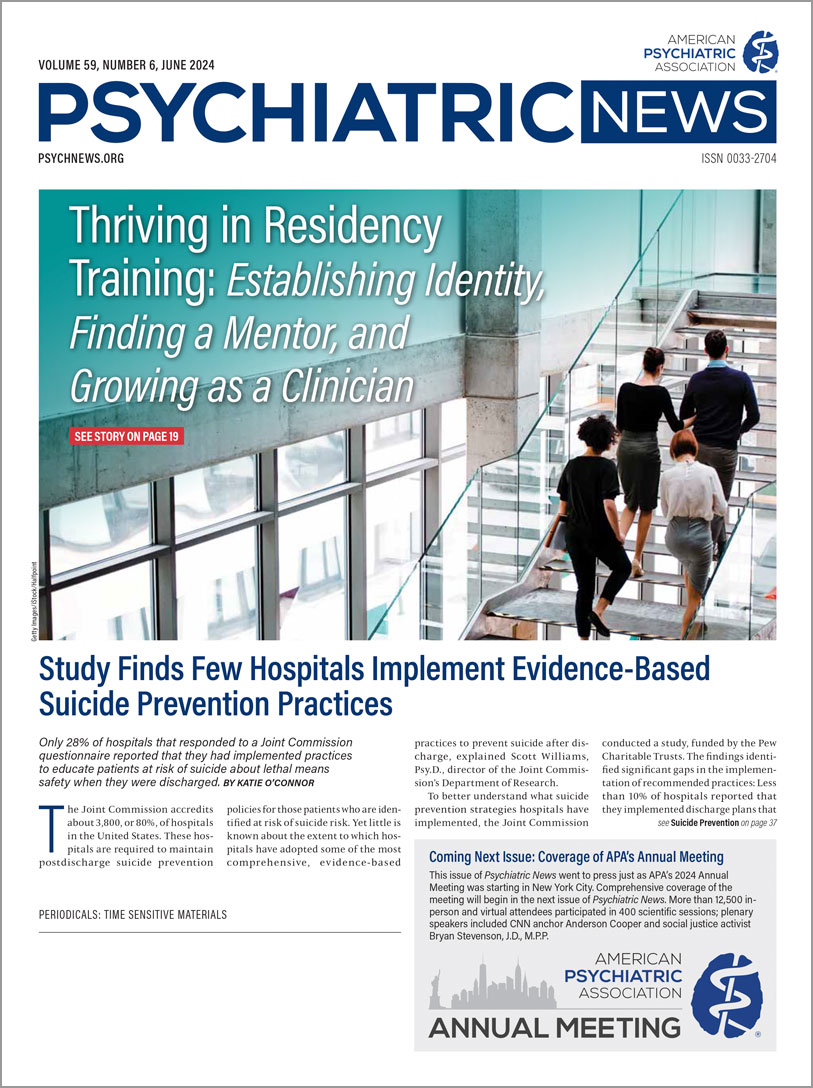Have you ever considered what might happen to your practice, patients, and records if you experience an unexpected event, such as a sudden illness, accident, or a need to take a leave of absence from your practice? Creating a contingency plan, along with written office policies and procedures to address unexpected events, is important to avoid pitfalls, decrease the risk of a medical malpractice claim or licensing board complaint, and improve patient safety and satisfaction.
Contingency Planning
The first step to mitigate potential risk to your office practice is to develop a contingency plan. The contingency plan should include a professional will, designated personal representative, and critical information needed by the personal representative to perform duties while the provider is no longer available or is forced to take a leave of absence. The personal representative needs to comply with HIPAA and privacy laws and have access to patient information.
The purpose of creating a plan inclusive of a professional will is to protect the business and the provider in the event of unforeseen circumstances—and to facilitate transfer of care to the next provider.
The personal representative would undertake the following duties and responsibilities:
•
Notifying patients and making referrals to other providers.
•
Managing medical record requests.
•
Notifying the medical malpractice insurance carrier.
•
Consulting with the practice attorney and accountant.
•
Managing all aspects of the practice closure, if necessary, including notification to staff, payors, landlord, licensing board, and vendors and knowledge of state and federal requirements.
Unexpected and Infrequent Situations
Just as with contingency planning, psychiatrists should be prepared with office policies and procedures to address situations such as the following:
•
Sudden patient termination.
•
Office safety and security.
•
Supervisory responsibilities.
•
Use of social media and compliance with HIPAA, including online reviews.
•
Dealing with patient complaints and grievances.
•
Responding to subpoenas, court orders, and litigation.
•
Releasing HIPAA-protected information.
•
Adhering to cyber compliance.
•
Mandatory reporting situations.
Communication and transparency are key. Notify patients as soon as practicable. Set up office communications for voicemail and all forms of electronic communication. Consider collaborating with a colleague who can triage emergencies. If appropriate, provide patients with refill prescriptions. Identify who will have access to patients’ medical records. If the absence was unexpected, notify the designated personal representative of your practice to notify patients and carry out the contingency plan. Notify supervisees, especially advanced practice professionals who require collaborating with a licensed physician, to ensure compliance with state and federal regulations.
Risk Management Strategies
A well-run office practice considers ways to utilize risk mitigation strategies to improve patient safety, set patient expectations, and reduce liability risks associated with unexpected or uncommon events. Psychiatrists should do the following:
•
Develop a practice continency plan/professional will.
•
Create a leave of absence process.
•
Implement practice policies and procedures.
•
Establish safety and security procedures.
•
Be aware of state and federal requirements for supervision and mandatory reporting.
•
Establish proper boundaries and set patient expectations.
•
Understand legal obligations related to subpoenas and court orders.
•
Be mindful of HIPAA, requests/release of information, and cybersecurity.
•
Consult with your practice attorney, risk management professional, or malpractice insurer for guidance. ■
This information is provided as a risk management resource for Allied World policyholders and should not be construed as legal or clinical advice. This material may not be reproduced or distributed without the express, written permission of Allied World Assurance Company Holdings, Ltd, a Fairfax company (“Allied World”). Risk management services are provided by or arranged through AWAC Services Company, a member company of Allied World. © 2024 Allied World Assurance Company Holdings, Ltd. All Rights Reserved.

